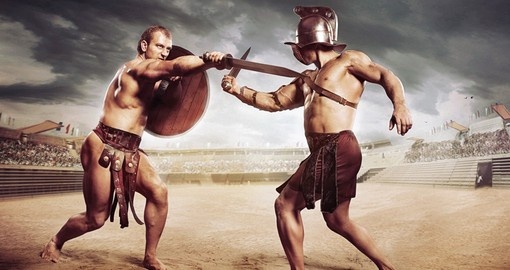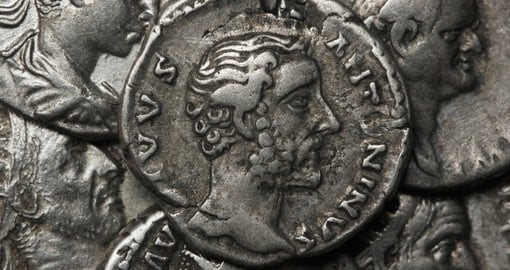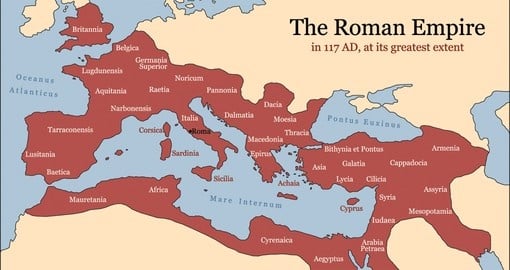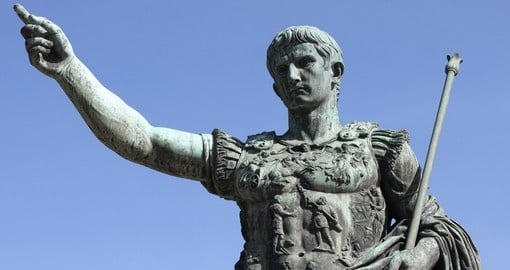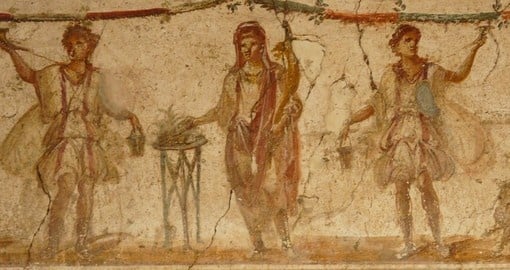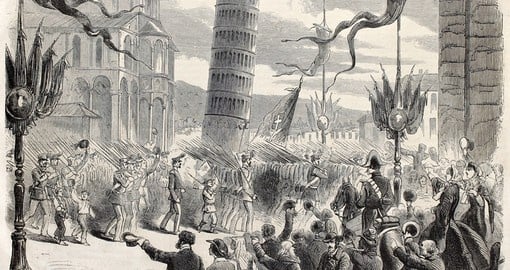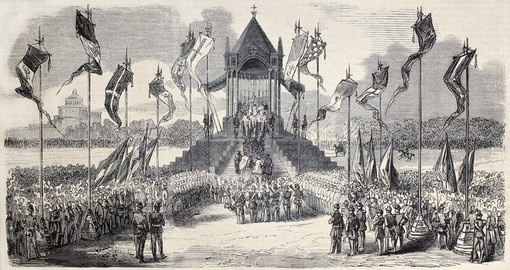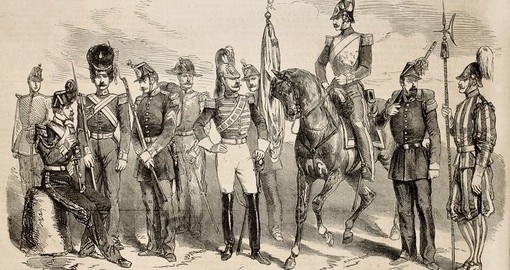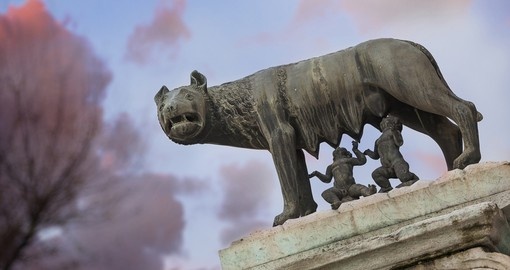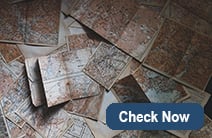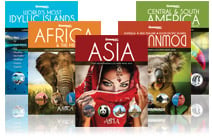Italy History
Rock drawings have been discovered in the Lombardy region of Italy, suggesting that humans have inhabited the country since at least the 8th century BC. By the 7th century BC, the Etruscans dominated the centre of the peninsula while Greek traders established themselves in the south. The Greeks were quite successful with temples in Sicily still standing as a testament to their time in Italy.
According to legend, two brothers, Romulus and Remes, founded Rome in 753 BC. As time passed, Rome developed and expanded to become the most powerful area in Italy. This power only intensified and by 100 BC, the city was the most influential city in the whole Mediterranean. It was characterized by its culture with bathhouses, temples, and theatres lining the streets and an impressive system of aqueducts that modernized the city.
Arguably one of Italy’s most famous rulers, Julius Caesar was elected consul in 59 BC. He became one of Rome’s most successful generals and his reign is known for his journeys into Britain and across the Rhine. Art began to flourish and impressive buildings were erected, including the Pantheon. The city enjoyed a great deal of wealth and prosperity.
By 14 AD, the Roman Empire had reached its greatest extent. Under Hadrian, the empire became much more stabilized and its borders stretched from the Iberian Peninsula into Gaul and Britain. Modern-day places like Turkey, Syria, Lebanon, Palestine and Israel were all occupied by Roman legions. This level of control lasted until the 3rd century when attacks, both internal and external, had severe implications for the empire.
It soon became apparent that the sheer size of the empire made it near impossible to govern. As such, Emperor Diocletian divided the territory into halves: the Eastern Empire, whose capital was Constantinople, and the Western Empire which remained governed by Rome. Once banned in Rome, Christianity slowly began to emerge as a popular religion, and the papacy began to exert its control.
Striking a deal with the Carolingian Franks to provide military support and to recognize the pope, the Papal States were born. In return, Charlemagne, the Frankish king, was granted the title of Holy Roman Emperor in 800 AD. Despite this title, emperors often faced opposition from the incredibly independent Italian city-states who did not appreciate the emperor interfering. This was often the case with places like Genoa, Pisa and Venice which were independently wealthy and prospering without the help of the empire.
This power struggle remained in Italy and between the 12th and 14th centuries, city-states began to establish their own forms of government, supplemented by their wealth. This wealth also helped usher in one of the most celebrated periods in history: the Renaissance. The Renaissance was the time of da Vinci, Michelangelo, Botticelli, literature, scientific discoveries and much more.
The French Revolution at the end of the 18th century galvanized many parts of Europe to seriously consider independence and Italy was not exempt. Despite the success of the Renaissance, the fiercely independent city-states had become incredibly divided resulting in a significant loss of power. The first Kingdom of Italy was established in 1805. Count Camillo di Cavour was instrumental in creating a northern Italian kingdom in 1858, with the entire country reaching independence by 1861.
When Europe was plunged into a world war in 1914, Italy chose to remain neutral, despite being a member of the Triple Alliance alongside Germany and Austria. Promises of territory eventually led Italy to declare war on Austria in 1915. Italy was not exempt from the destruction of the war, losing 600,000 people without gaining the territory it had expected as a result of the Treaty of Versailles.
Frustrations grew following the war allowing Benito Mussolini to form a right-wing militant political group that would become the Fascist Party. By 1926, Mussolini, known as the Duce, took full control of Italy. Under his rule, other political parties were banned and violent oppression was the order of the day. Condemnation by the League of Nations following a disastrous invasion of present-day Ethiopia saw Italy move closer to Germany entering the Second World War in 1940. Despite some initial successes in Africa, an Allied invasion of Italy in 1943 forced Germans into the country where they remained until Italy was liberated in April 1945.
Following the war, the political structure of Italy was, at times, rocky, yet it maintained a strong economy into the 1980s. Italy was a founding member of the European Economic Community, a precursor to the European Union. With a rich history, fascinating art and culture, tasty food, more World Heritage Sites than any other country, and incredibly welcoming nature, Italy has earned its spot as a top tourist destination.
Italy Vacation Information
At Goway we believe that a well-informed traveller is a safer traveller. With this in mind, we have compiled an easy-to-navigate travel information section dedicated to Italy.
Learn about the history and culture of Italy, the must-try food and drink, and what to pack in your suitcase. Read about Italy's nature and wildlife, weather and geography, along with 'Country Quickfacts' compiled by our travel experts. Our globetrotting tips, as well as our visa and health information, will help ensure you're properly prepared for a safe and enjoyable trip. The only way you could possibly learn more is by embarking on your journey and discovering Italy for yourself. Start exploring...book your Italy vacation today!
Extend your Stay
Consider an additional stopover to your Italy vacation at one of Goway's other European destinations. You can choose from a Paris vacation, a London vacation or an Amsterdam vacation, en route to or from Italy.
Get a Trip Quote Order a Brochure






